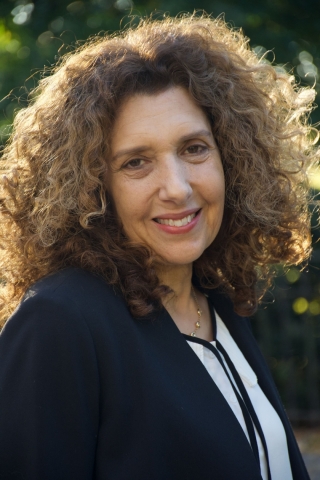458 Studies Now Enrolling
Psychological Mindedness as a Predictor of Cognitive Behavior Therapy Outcome
Twelve Weeks of Cognitive Behavior Therapy (CBT) vs. Supportive Therapy for Depression
| Sponsor: | National Institute for Mental Health |
| Enrolling: | Male and Female Patients |
| Study Length: | 15 Weeks |
| Clinic Visits: | 3 |
| IRB Number: | 6806R |
| U.S. Govt. ID: | NCT01868711 |
| Contact: | Ronit Kishon, Ph.D.: 646-724-4171 / tayler.wilson@nyspi.columbia.edu |
Additional Study Information:
This study offers 12 individual free sessions of Cognitive Behavior Therapy (CBT) or Supportive Therapy to depressed adults. All sessions will be given virtually using Zoom. Participants must have internet access and video conferencing capabilities. During the study, participants can't be on psychotropic medications or attend any other psychotherapy. Participants will need to come in person before receiving sessions for a urine & blood test (protocol #6669) and once before and once after sessions for an EEG (protocol #6559). Please exercise caution when traveling in public and follow public health guidelines, such as wearing masks in public and avoiding crowds. In addition, you need to stay informed of public health recommendations and guidelines regarding COVID-19, such as those issued by the CDC (CDC.gov) and local governments. If you have questions or do not feel safe traveling, please let us know, and know that you can call to reschedule visits. CBT is well-established psychotherapy for depression. CBT's primary goal is to provide specific tools and methods of depression management. Supportive Psychotherapy's primary goal is to strengthen the patient's ability to cope effectively with various life stressors. The purpose of this research study is to learn which variables predict who will benefit from each treatment and how these variables may change throughout therapy. Participants are randomly assigned to receive one of the two therapies and are required to fill out forms weekly through the 12 weeks of treatment. These forms will be filled out online using HIPPA-compliant platforms. We plan to recruit 60 participants with depression who will complete the psychotherapy, study forms, and EEG.
This study is closed

